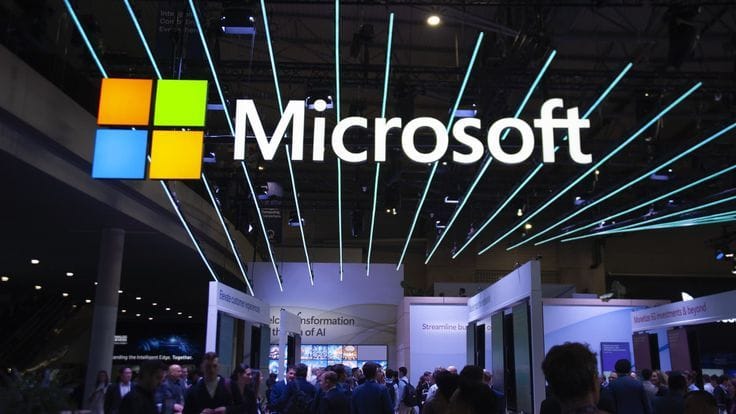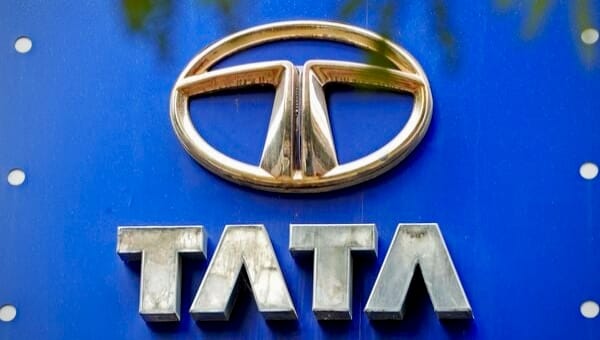
Microsoft has officially rolled out its latest major update for Windows 11, introducing a suite of groundbreaking Copilot AI features designed to transform the user experience. Launched globally, this October update signifies a strategic move by the Redmond-based tech giant to integrate artificial intelligence directly into its ubiquitous operating system, aiming to enhance productivity, creativity, and digital interaction for millions globally. This underscores Microsoft’s aggressive AI push, following substantial investments and partnerships.
Expanding AI Integration Across Windows 11
The centerpiece of this comprehensive update is the deeper integration of Microsoft Copilot, an AI-powered digital assistant spanning the Windows 11 environment. Building on its initial preview, Copilot is no longer a standalone application but a pervasive intelligence, accessible directly from the taskbar or via a dedicated keyboard shortcut. Users can invoke Copilot to assist with a multitude of tasks, from basic system settings to complex creative tasks. For instance, it can summarize documents, draft emails, generate images using DALL-E 3 integration, or assist in troubleshooting PC issues.
Beyond the central Copilot interface, Microsoft has infused AI capabilities into several native Windows applications, upgrading their functionality. The refreshed Paint app now includes Cocreator, an AI-powered image generation tool allowing digital art creation from text prompts. Similarly, the Photos app gains AI-driven background blur and intelligent search features, enabling quick image searches or content enhancement. Even the Snipping Tool has been upgraded, capable of extracting text from images and redacting sensitive information automatically, streamlining workflows for professionals and casual users.
Further enhancements extend to File Explorer, now boasting improved file organization and content preview capabilities through AI, easing navigation. Notepad, a classic Windows utility, also receives an update with session recall functionality, remembering open tabs and unsaved work even after closing. These integrations collectively demonstrate Microsoft’s vision of an AI-infused operating system that anticipates user needs and automates routine tasks, freeing up users for more important tasks.
User Experience, Productivity, and Privacy Considerations
Microsoft’s primary objective with Windows 11’s new Copilot AI features is to elevate user productivity and creativity. By embedding sophisticated AI directly into the operating system, the company aims to simplify complex tasks, accelerate digital workflows, and provide personalized, on-demand assistance. This approach democratizes AI, making advanced capabilities accessible to a broader audience without specialized technical knowledge. Industry analysts suggest this move could redefine how users interact with computers, shifting towards natural language-based commands and intelligent automation.
However, the widespread deployment of AI also brings to the forefront critical discussions around data privacy and security. Microsoft emphasizes its commitment to responsible AI, stating that user data processed by Copilot remains within user control, adhering to strict privacy protocols. Enterprise versions of Copilot offer additional assurances regarding data isolation and compliance. The continuous flow of user interactions and data through AI models necessitates ongoing vigilance and transparent communication on data handling practices. Users are encouraged to review privacy settings and understand information utilization.
The update also includes non-AI improvements, such as enhanced backup/restore, new accessibility features (e.g., natural voices for Narrator), and improved dynamic lighting for RGB accessories. These additions contribute to a more polished, user-friendly, and inclusive Windows 11 experience, reflecting Microsoft’s continuous effort to refine its flagship product based on user feedback and evolving trends.
Industry Impact and Future Implications
The release of Windows 11’s October Update with its advanced Copilot AI features is poised to have a ripple effect across the technology industry. It intensifies the “AI arms race” among major tech players, pressuring competitors like Apple and Google to integrate their AI assistants and generative AI models into their operating systems and ecosystems. Microsoft, leveraging its strong partnership with OpenAI, positions Windows as a leading platform for AI innovation, potentially attracting developers to build AI-first applications that integrate with Copilot.
From a global perspective, the widespread adoption of Windows 11 means hundreds of millions globally gain access to sophisticated AI tools, potentially boosting digital literacy and productivity. For businesses, enhanced Copilot capabilities could translate into significant efficiency gains, streamlining operations and fostering innovation. As one Redmond-based analyst observed, Microsoft is not merely adding AI to Windows but reinventing the operating system as an AI-powered assistant, marking a foundational shift in how we work and create.
In summary, the Microsoft Windows 11 October Update with its new Copilot AI features represents a monumental leap in integrating AI into mainstream computing. It offers users globally a more intuitive, powerful, and personalized digital experience, setting a new benchmark for operating system functionality. This solidifies Microsoft’s vanguard position in the AI revolution, transforming Windows from a platform into an intelligent partner.
Looking ahead, Copilot’s ongoing evolution and deeper embedment into the Windows ecosystem suggest a future where the OS acts as a proactive, predictive assistant, continuously learning and adapting to individual user needs. Expect further refinements, expanded capabilities, and new hardware innovations to leverage these advanced AI functionalities, as Microsoft and rivals push the boundaries of intelligent personal computing.








